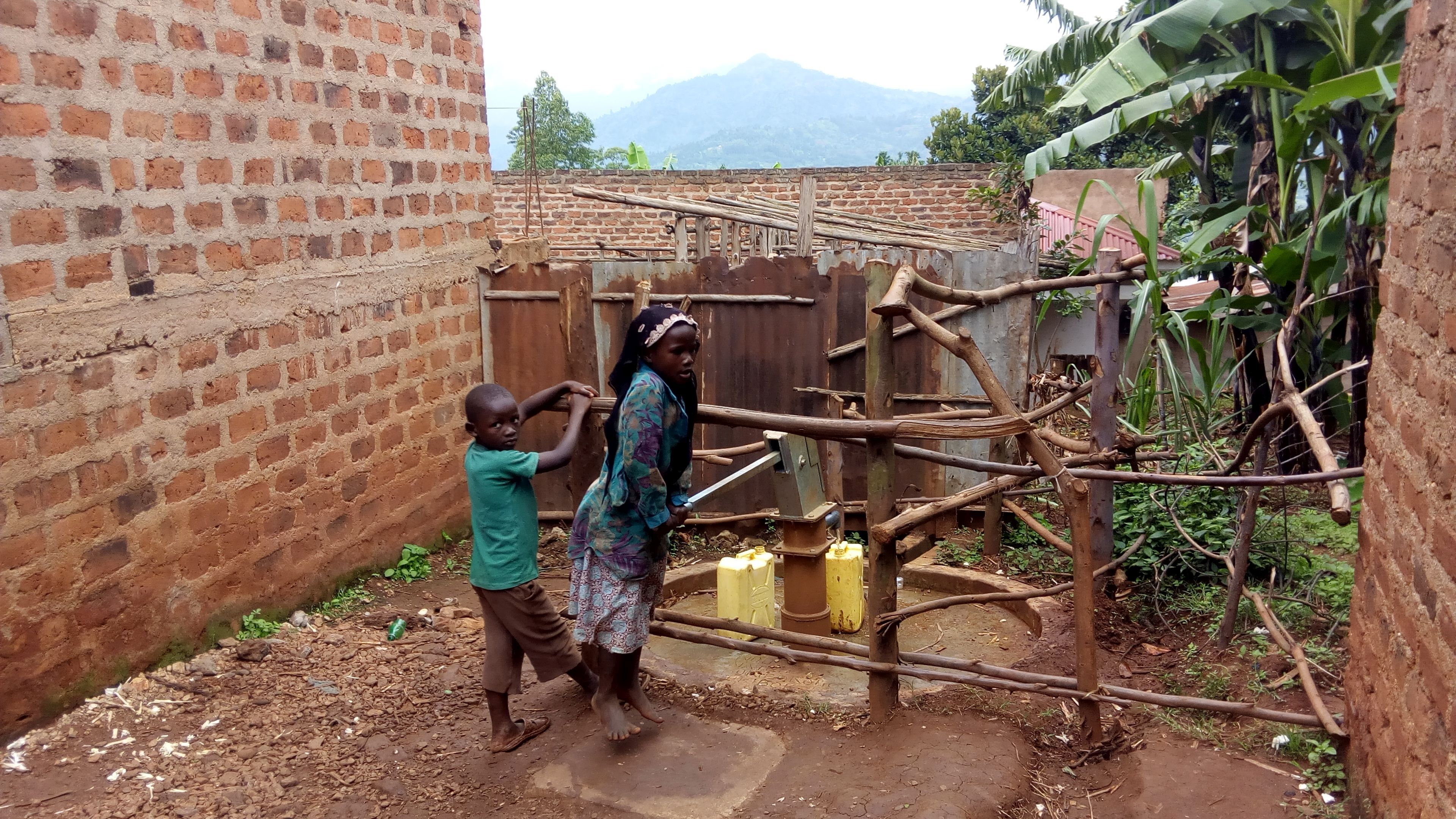A new evaluation report from the Foreign Ministry has documented that Danish aid has led to millions of people in Uganda being given access to clean drinking water.
The report (here in English) concluded that Danish aid has contributed significantly to 70 percent of Uganda’s population having clean drinking water in 2017 – it was only at 20 percent in 1990 – despite considerable population growth over the past decades.
“The total contribution to the water and environment sector in Uganda in the period 1990-2017 has been close to 2 billion kroner, or 20 percent of the total Danish development assistance to Uganda in the period,” the report found.
“Roughly, Danida has contributed 15-20 percent of the total budget of the water and environment sectors in Uganda during the past decade, and in all likelihood an even larger share in the period before – in particular in the rural water and sanitation sub-sectors.”
READ MORE: Denmark launches aid program in Uganda
Water is key
However, the report also found that the progress could be undone due to a number of obstacles, such as obsolete water plants, inadequate funding and a restructuring of Danish aid to Uganda.
The Danish embassy is working towards getting the Ugandan government to prioritise water solutions and sanitation, and the Danes also urge donors – such as the African Development Bank –to focus more on supporting the development.
The report also recommends that Denmark makes Global Goal 6 (access to clean water and sanitation) to one of its priority Global Goals in countries such as Uganda as it is deemed to be critical to combating poverty and reaching other Global Goals.














